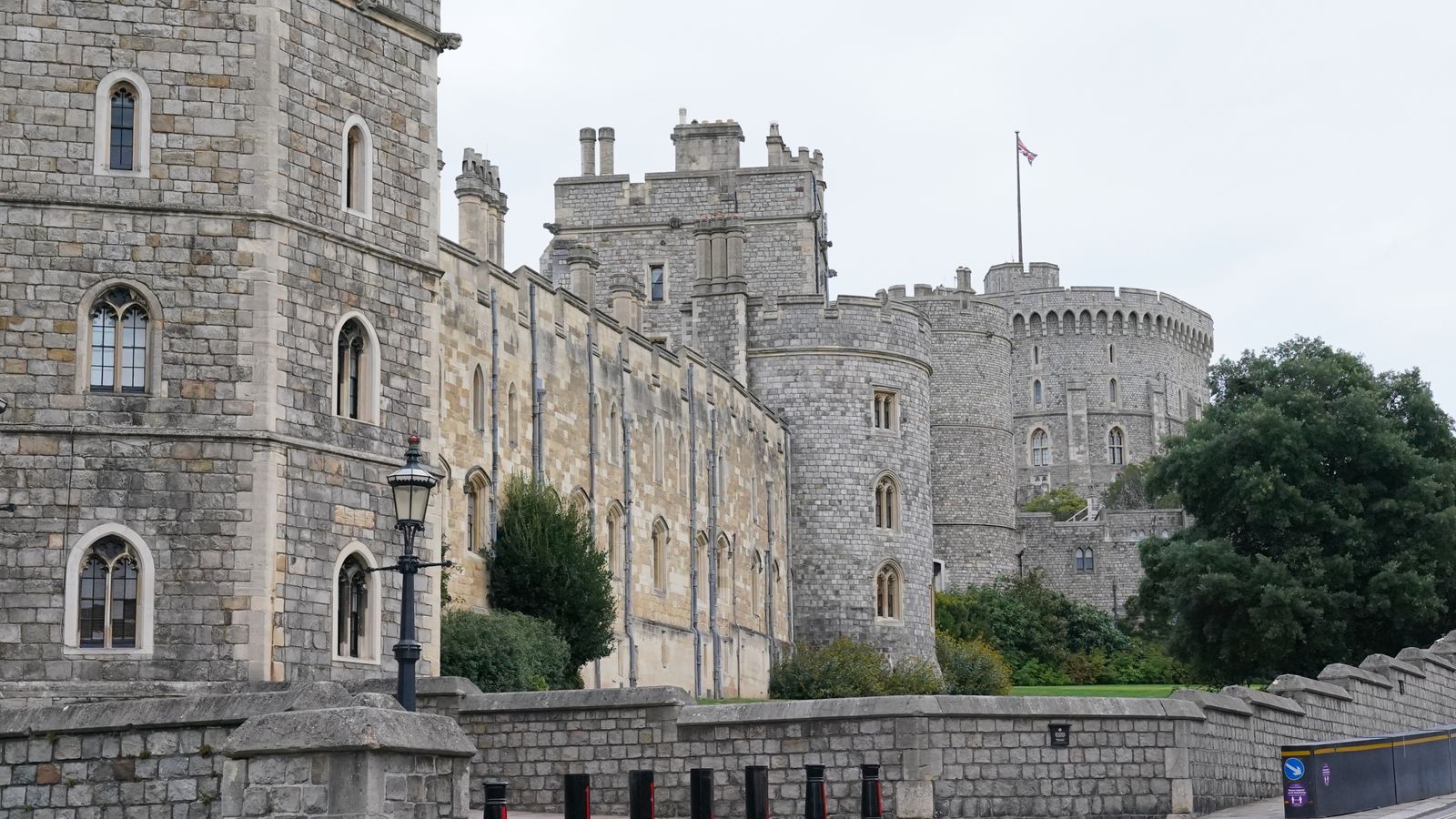Windsor Castle will reopen to the public for the first time since the Queen’s death.
The castle and St George’s Chapel will open at 10am on Thursday.
It will be the first time members of the public will be able to visit the Queen’s final resting place and view the ledger stone inscribed with her name in the George VI Memorial Chapel.
Entrance to the chapel is included in a ticket for Windsor Castle, which costs £26.50 for adults during the week and £28.50 on Saturdays. Children’s tickets cost £14.50 during the week and £15.50 on Saturday.
It comes after the monarchy returned to royal duties after the period of royal mourning ended.
The Royal Family had carried out only official duties where appropriate since the death of the Queen on 8 September and its members dressed in black as a mark of respect when in public.
But from Tuesday they were able to carry out their normal official roles in full, when the Prince and Princess of Wales made their first official visit to Wales in their new roles.
They visited Anglesey, where they made their first home as newlyweds, then went on to Swansea. They also raised their eldest child, Prince George, in Wales for the first few months of his life.
Read more:
King Charles’s new royal monogram revealed
Two men questioned under caution in cash-for-honours probe linked to King Charles’s charity
No plans for William to have formal investiture ceremony as Prince of Wales
Meanwhile, King Charles’s new royal cypher was revealed ahead of its appearance on government buildings, state documents and post boxes.
The monogram will be added to various public offices, papers and street furniture over the coming months and years.
The cypher, designed by the College of Arms, shows the initial of the monarch’s first name, C, intertwined with the letter R for Rex, Latin for King. The Roman numeral III sits within the letter R, to signify Charles III, while a crown sits above the letters.
A Scottish version, approved by the Lord Lyon King of Arms (chief heraldic officer of Scotland), features the Crown of Scotland.












